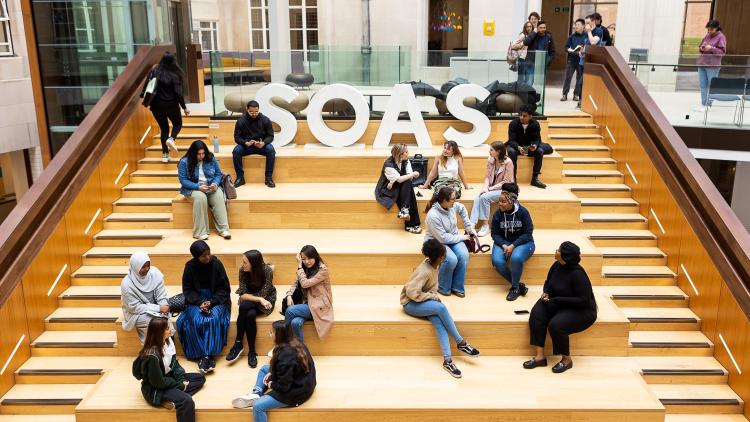Digitalising food assistance project secures £1 million ESRC grant


In May 2023, the SOAS Food Studies Centre (in the Department of Anthropology and Sociology) started a new ESRC-funded project on ‘Digitalising Food Assistance: Political Economy, Governance and Food Security Effects Across the Global North-South Divide’.
This is a Food Studies Centre project in collaboration with the Institute for Human Development (IHD) in New Delhi, India, and the Faculty of Economic and Social Studies at the University of Khartoum, Sudan. The Co-Investigators are Dr C. Sathyamala, IHD, and Dr Tamer Abd Elkreem, University of Khartoum.
The project will explore how digitalising food assistance influences access to food for marginalised populations and its role as a source of power. Following the 2008 food and finance crisis and the Covid pandemic, governments, businesses, and aid organisations have promoted a range of digital practices to address food insecurity. Such practices include the use of mobile phones, smart cards and banking, to transfer money, biometrics for identification, artificial intelligence to predict and categorise need, and digital platforms for market and agricultural support.
Yet, little is known about their actual effect on food security. The research will examine risks of exclusion, which is likely to disproportionately affect politically marginalised populations such as the displaced or migrant populations. It will also examine how digital practices can feed into inequalities by providing opportunities for political control and for profit.
The research includes three country case studies (in Sudan, India and the UK) selected to reflect the range of digital food assistance practices used globally, and the contrasting political economy, governance and food security environments in which they are operationalised. Such a global dimension also enables an examination of the role of global business and international organisations.
Further, joint leadership between researchers from the Global South and North promotes equitable research partnerships and the co-production of knowledge. To facilitate stakeholder engagement, dissemination, and policy-relevance, the project has NGO partners in each country: Jan Swasthya Sahyog in India, the Darfur Development and Reconstruction Agency in Sudan, and The Food Foundation in the UK. CEDEJ Khartoum is involved as well.
The project has an international and interdisciplinary steering group of senior researchers to provide specific expertise, including Professor Laura Hammond and Dr Lizzie Hull from SOAS.


